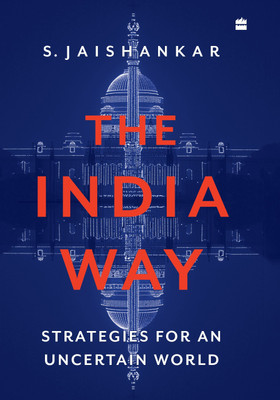

Sale ends in01 hrs : 29 mins : 21 secs
Mythologe (English, Paperback, unknown)
Price: Not Available
Currently Unavailable
Highlights
- Language: English
- Binding: Paperback
- Publisher: Books LLC
- ISBN: 9781159192914, 115919291X
- Edition: 2010
- Pages: 30
Description
Aus Wikipedia. Nicht dargestellt. Auszug: Sir James George Frazer (1 January 1854, Glasgow, Scotland - 7 May 1941, Cambridge), was a Scottish social anthropologist influential in the early stages of the modern studies of mythology and comparative religion. His most famous work, The Golden Bough (1890), documents and details similar magical and religious beliefs across the globe. Frazer posited that human belief progressed through three stages: primitive magic, replaced by religion, in turn replaced by science. Born in Glasgow, Frazer attended school at Springfield Academy and Larchfield Academy in Helensburgh. He studied at the University of Glasgow and Trinity College, Cambridge, where he graduated with honors in Classics (his dissertation would be published years later as The Growth of Plato\'s Ideal Theory) and remained a Classics Fellow all his life. He went on from Trinity to study law at the Middle Temple and yet never practised. He was four times elected to Trinity\'s Title Alpha Fellowship, and was associated with the college for most of his life, except for a year, 1907-1908, spent at the University of Liverpool. He was knighted in 1914, and a public lectureship in social anthropology at the universities of Cambridge, Oxford, Glasgow and Liverpool was established in his honour in 1921. He was, if not blind, then severely visually impaired from 1930 on. He and his wife, Lily, died within a few hours of each other. They are buried at the Ascension Parish Burial Ground in Cambridge, England. The study of myth and religion became his areas of expertise. Except for visits to Italy and Greece, Frazer was not widely traveled. His prime sources of data were ancient histories and questionnaires mailed to missionaries and Imperial officials all over the globe. Frazer\'s interest in social anthropology was aroused by reading E. B. Tylor\'s Primitive Culture (1871) and encouraged by his friend, the biblical scholar William Robertson S...http://booksllc.net/?l=de
Read More
Specifications
Book Details
| Imprint |
|
| Publication Year |
|
| Table of Contents |
|
Dimensions
| Width |
|
| Height |
|
| Length |
|
| Weight |
|
Be the first to ask about this product
Safe and Secure Payments.Easy returns.100% Authentic products.
Back to top




